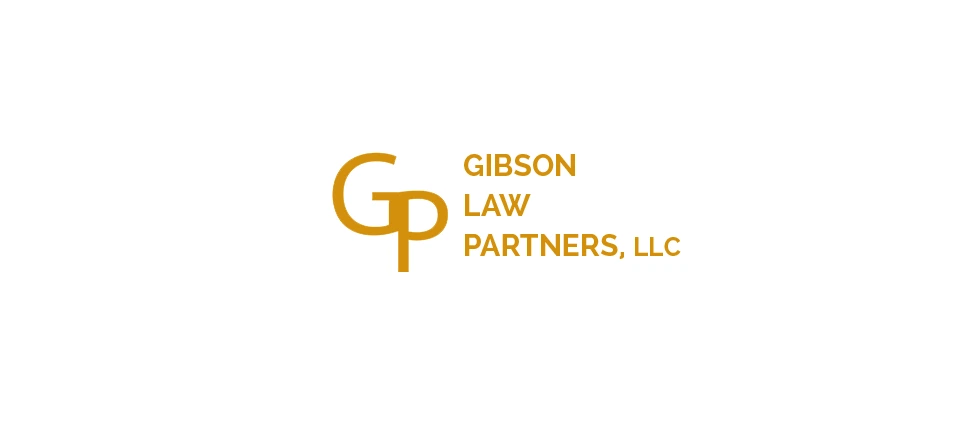Successful defense counsel in Tarek Khalaf v. Mass Resources

The recent case of Tarek Khalaf v. Mass Resources resulted in a favorable judgment for Four Rivers’ Insurance Agency, Inc., and their agent, who was brought in, in a third-party suit by Mass Resources who stated that Four Rivers’ should be liable for failing to procure a commercial general liability policy. Defendants were represented by Alan Stewart of Gibson Law Partners.
A Summary of the case
The original case was a wrongful death case where Mass Resources was facing a lawsuit brought by the family of Tarek Khalaf. Tarek Khalaf, an employee of the company and the owner’s brother, was killed during the repair of a pump unit on an oil well that the company-owned. The suit alleged that Mass Resource’s negligence resulted in the employee’s death because they failed to have a brake on the pumping unit, and also failed to perform proper maintenance on their equipment.
Four Rivers Insurance Agency is brought into the suit
In response to the lawsuit, Mass Resources tried to pass the financial responsibility to their insurance agent by filing a suit against them, stating that the agent failed to deliver a CGL policy that would have covered them in the wrongful death case. Through the testimony of the owner and brother of the victim, Emad Khalaf, it was discovered that Tarek was acting under the terms and scope of the employment during the time that the fatal accident occurred. The owner also admitted that he had never sought out a worker’s compensation policy. Since the death occurred during the employee’s regular employment, worker’s compensation law would apply, and the CGL would not have covered the costs. For this reason, the court grants its summary judgment in favor of Four Rivers.
Mass Resources appeal
Unsatisfied with the summary judgment in favor of Four Rivers’, Mass Resources files an appeal claiming that the trial court erred when granting the motion for summary judgment. They claimed that both the affidavit of Emad Khalaf and the answers to requests for admission both presented genuine issues of material fact. They continue to allege that the damages for the wrongful death would have been paid from a CGL, and the insurance company’s failure to procure it is a valid point to the case, citing that a CGL, “explicitly immunizes defendants from tort liability where the decedent suffers injury or death during the course and scope of employment,” Deshotel v. Guichard. The appeals court ruled otherwise, stating that the worker’s compensation would be the sole avenue for the family to recover damages. This renders the point about Four Rivers’ failing to help procure a CGL for the company moot. They agreed that with the summary judgment of the previous court and stated that there were no genuine issues of material fact.
They reiterated the fact that a fact can only be considered material if it will potentially ensure or preclude recovery, affect the outcome of the success or failure of the litigant, in help to determine the outcome of the legal case. Since the claim was ruled to fall under worker’s compensation insurance, the only conclusion that could be made was that the case involving the CGL will have no impact on the case.
What brought about the determination that workers’ compensation would be the only avenue for recovery?
It was the testimony of Emad Khalaf, the owner of the company, that prompted the claim type to fall under worker’s compensation. It was in his affidavit that it was stated that the victim was an employee of the company and that the accident occurred while he was performing his required job functions. Mass Resources had attempted to amend the answers in this statement but did not seek out a hearing to be granted leave of court to have the statements official amended for court. Therefore, the amended answers have no weight, and the original answers stand.
Mass Resources was asked during discovery to produce any records that indicated Tarek Khalaf was not an employee but failed to produce any. It was only after the current motion for summary judgment that Emad Khalaf claimed to have found records indicating that Tarek Khalaf was an independent contractor and not an employee. The alleged proof has never been presented to the court. To raise a genuine issue of material fact, the plaintiff must present proof, not just contest allegations.
In conclusion
The court found it evident that Emad Khalaf’s attempt to contradict his previous answers during discovery was simply a last-minute attempt to prevent the summary judgment. In the end, Four Rivers’ Insurance Agency achieved summary judgment that they were not responsible for any damage.

